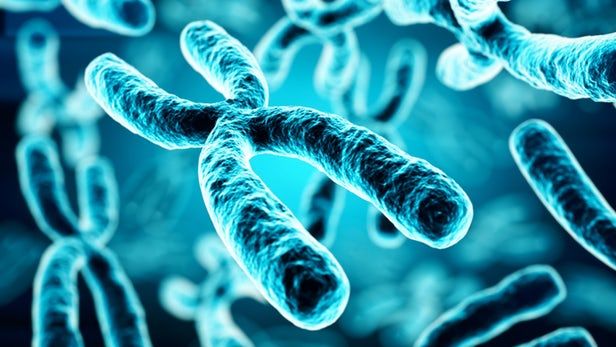At the cellular level, aging and cancer are two sides of the same coin. The mechanism that limits a cell’s lifespan can be slowed down, but that can turn them cancerous, as they divide unchecked. Now, scientists at EPFL have found a way to manipulate that mechanism to effectively turn off cancer’s immortality, letting it die slowly and naturally.
Every time a cell divides, it consults the blueprints contained in the chromosomes, but some genetic information is lost with every division. To protect the important bits, the tips of the chromosomes are covered with repeating sequences of “junk” DNA known as telomeres. Eventually even they erode away, leaving the cell vulnerable to damage – which we recognize as wrinkles, grey hairs, decreased metabolism, and higher chances of disease. In that way, telomere length is inextricably linked to aging.









Comments are closed.